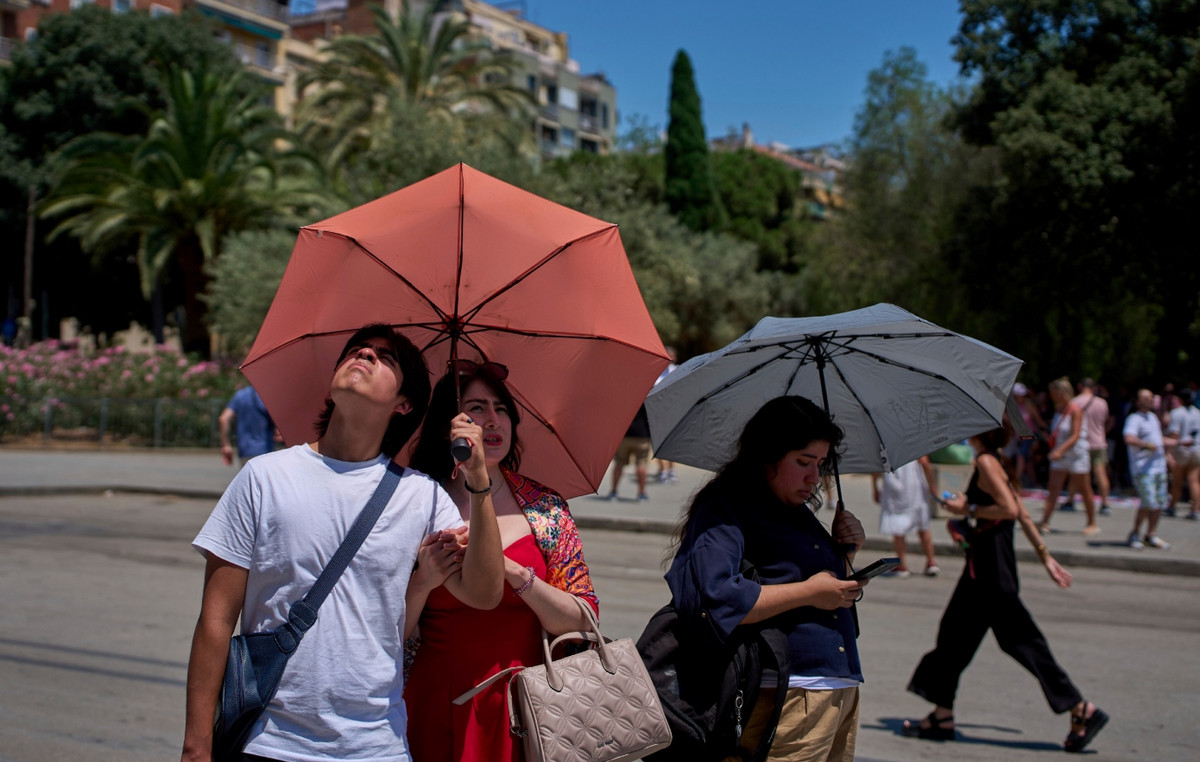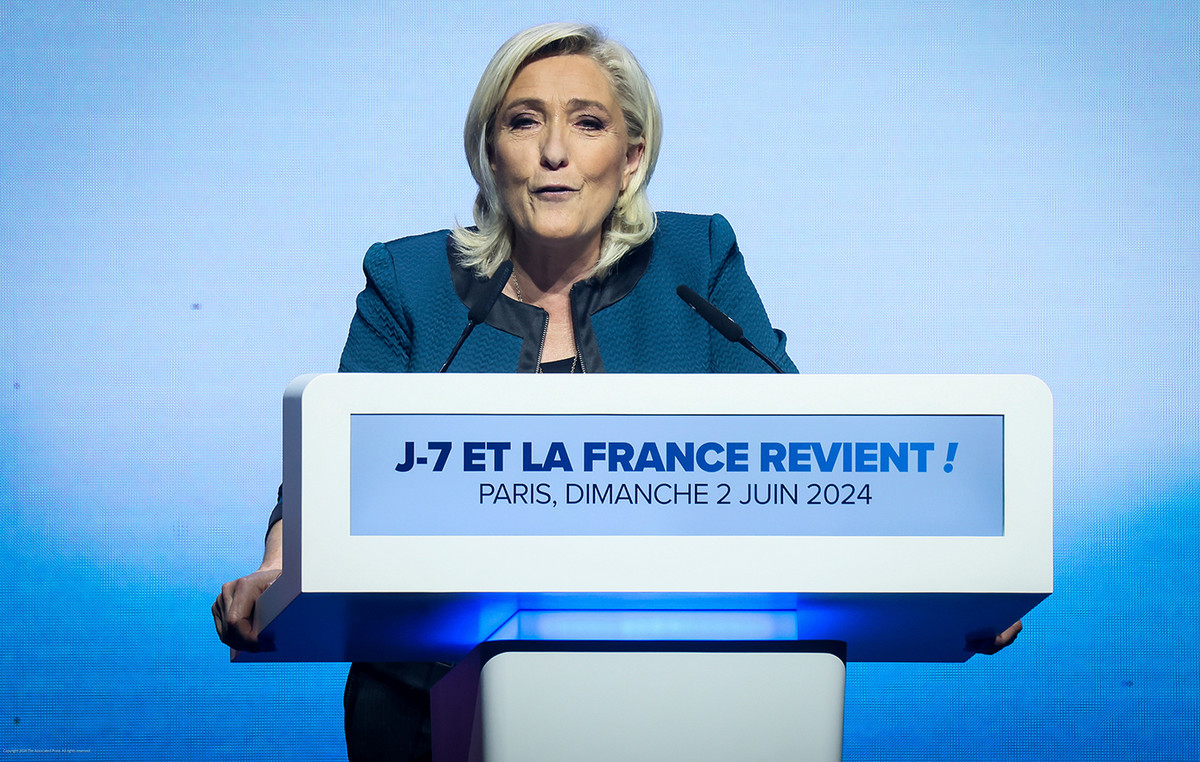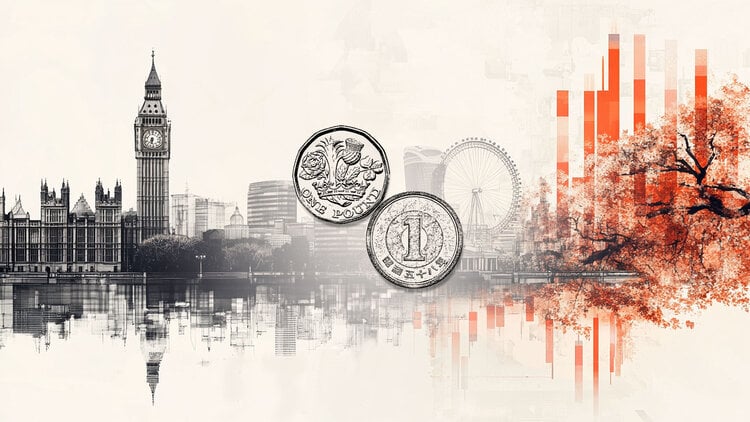Euro markets closed in the red on Friday, following the fall of markets in the US and Asia, as the prospect of higher interest rates continues to exert strong pressure on global markets.
Investors are worried about the prospect of a tighter monetary policy in the US this year as the Federal Reserve prepares to quadruple its interest rates to curb the highest inflation in four decades. Investors are waiting for the Fed meeting next week for more indications of how the US Federal Reserve plans to move. The 10-year US yield is currently at 1.79%, having climbed to a two-year high of over 1.9% on Wednesday. The yield started the year close to 1.5%.
At the same time, the minutes of the last meeting of the European Central Bank set were published yesterday showed that there are deep disagreements within the central bank over the outlook for inflation. Some ECB officials are now worried that even if the inflation rally proves to be temporary, it could cause a sharp acceleration in wage increases leading to a further rise in consumer prices.
Meanwhile, its chairman defended her position that the ECB could not withdraw stimulus measures at the same rate as the Fed is doing, Christine Lagarde.
Dashboard
In this climate, the pan-European Stoxx 600 recorded a fall of 1.84% to 474.44 points. At the same time, the other pan-European Stoxx 50 lost 1.63% to 4,229.56 points.
On the rest of the board, the German DAX slipped 1.94% to 15,603.88 points, the British FTSE 100 The French fell 1.20% to 7,494.13 points CAC – 40 closed at 7,068.5 points, recording a drop of 1.75%
In the periphery, the Spanish IBEX-35 the Italian lost 1.36% to 8,694.70 points FTSE MIB fell 1.84% to 27,061.40 points.
Geopolitical developments were also in the spotlight, as US Secretary of State Anthony Blinken met with his Russian counterpart Sergei Lavrov. The US will offer Russia a written response in its proposals on security guarantees next week, as announced by the two foreign ministers.
In macro, British consumers became more pessimistic in January as the spread of Omicron and high inflation affected households’ prospects for the economy and spending, according to a GfK survey.
GfK Consumer Confidence Barometer fell to -19 points in January from -15 points in December, the lowest level since February 2021. Economists expected the confidence index to fall slightly to -16 points.
Alongside, retail sales in the uk declined in December, lower than analysts’ estimates, as there is an increase in cases in the country and stricter distance instructions.
Retail sales fell 3.7% year-on-year, according to the ONS statistics service. Economists expected a milder decline of 0.6%.
I am Sophia william, author of World Stock Market. I have a degree in journalism from the University of Missouri and I have worked as a reporter for several news websites. I have a passion for writing and informing people about the latest news and events happening in the world. I strive to be accurate and unbiased in my reporting, and I hope to provide readers with valuable information that they can use to make informed decisions.







